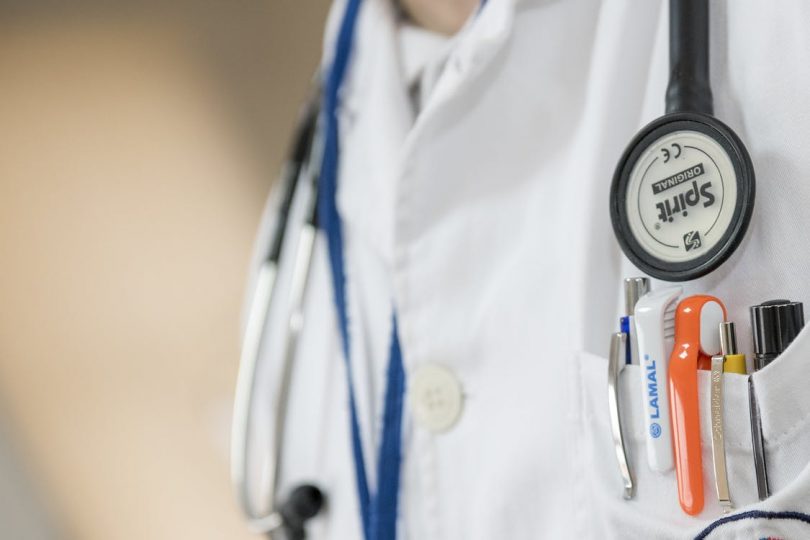New Jersey physicians polled on knowledge of cannabis pharmacology.
A study was presented at the 2017 Annual CHEST Meeting in Toronto, Canada. It is the first study of medical competence of cannabis post-prohibition. It follows Saint Peter’s University Hospital (SPUH) in Jersey City NJ, and Rutgers Robert Woods Johnson Medical School in New Brunswick, NJ setting cannabis preparedness measures for their physicians in training. The findings? There is currently very little comprehension of cannabis pharmacology among New Jersey physicians in these programs.
“We found physicians self-reported a poor understanding of medical cannabis pharmacology and cannabis program registry regulations,” researchers wrote. “Lack of awareness and comfort in addressing the therapeutic aspects of medical cannabis is an emerging yet essential component to continuing medical education.”
The study was conducted using an online questionnaire which was distributed to all residents of SPUH’s internal medicine, obstetrics, gynecology, and pediatrics programs. This questionnaire features 15 questions both in multiple choice and Likert-type scale based from 1 to 10 (1 being poor and 10 being excellent). A total of 51 physicians responded to the survey. Of them, 42 (83%) were in the internal medicine program and a majority (69%) were in the post graduate program (PGY).
Results for understanding medical pharmacology were comparable to similar self-report competency between levels of training. Internal medicine residents considered themselves more competent in pharmacology than the three other programs combined. Of those surveyed, 19 (38%) believed that cannabis pharmaceuticals were a US Food and Drug Administration (USDA) approved a prescription drug. On top of this, 39 (76%) did not know that cannabis is classified as Schedule I under the Controlled Substances Act. Lastly, the overall participant population reported concerns of safety, addiction potential, and limited beneficial therapy evidence.
This general lack of competency with cannabis isn’t just prevalent in the medical community in this state, but represents an issue with many physicians in the country. Medical cannabis is now legal in 28 of the 50 United States. Cannabis pharmaceutical sales could reach $21 billion in the US market by 2020. This makes it crucial that medical education begin to include something on cannabis pharmacology.








